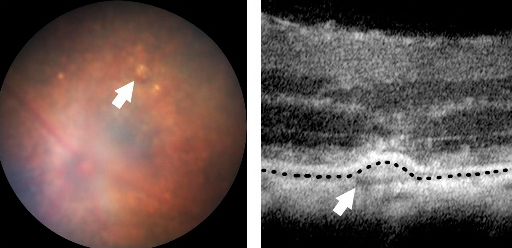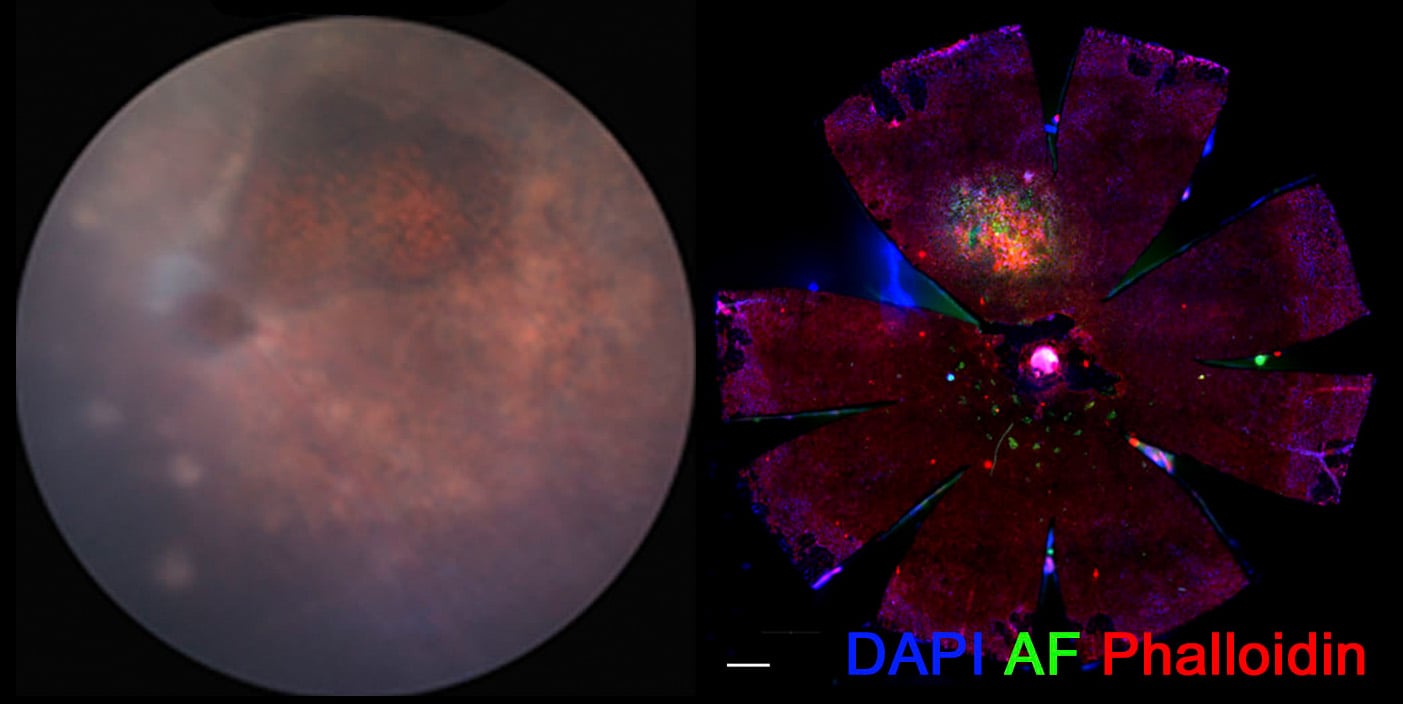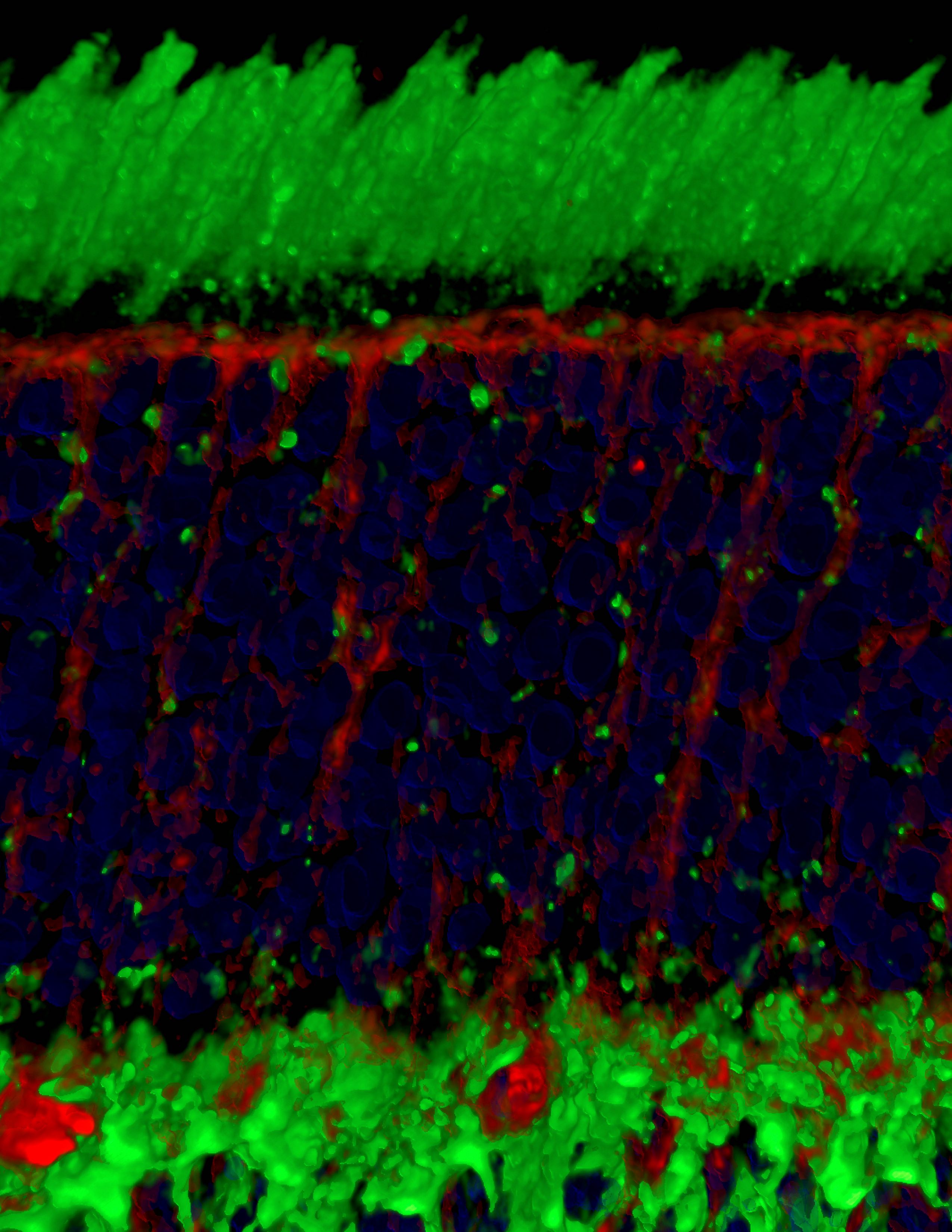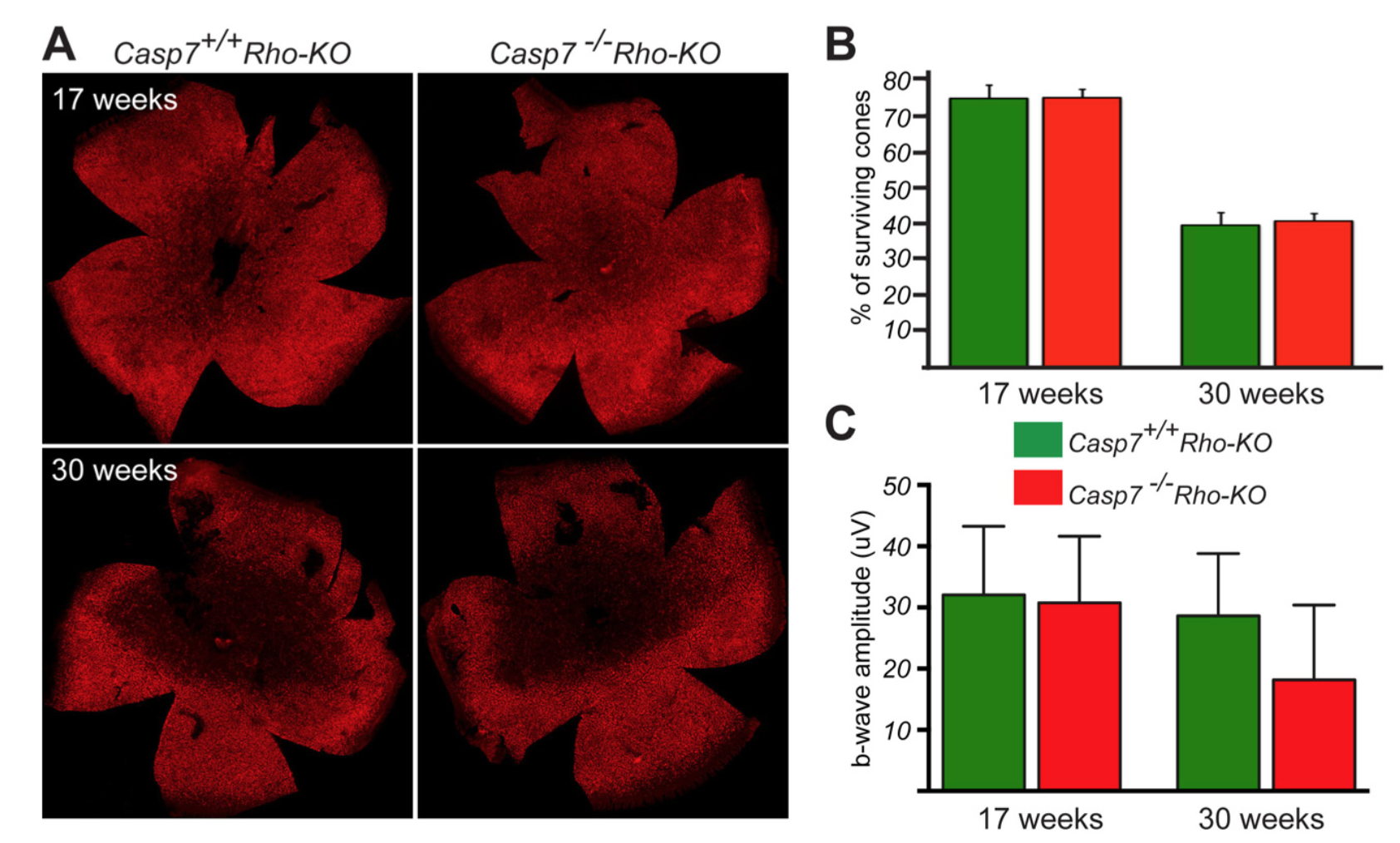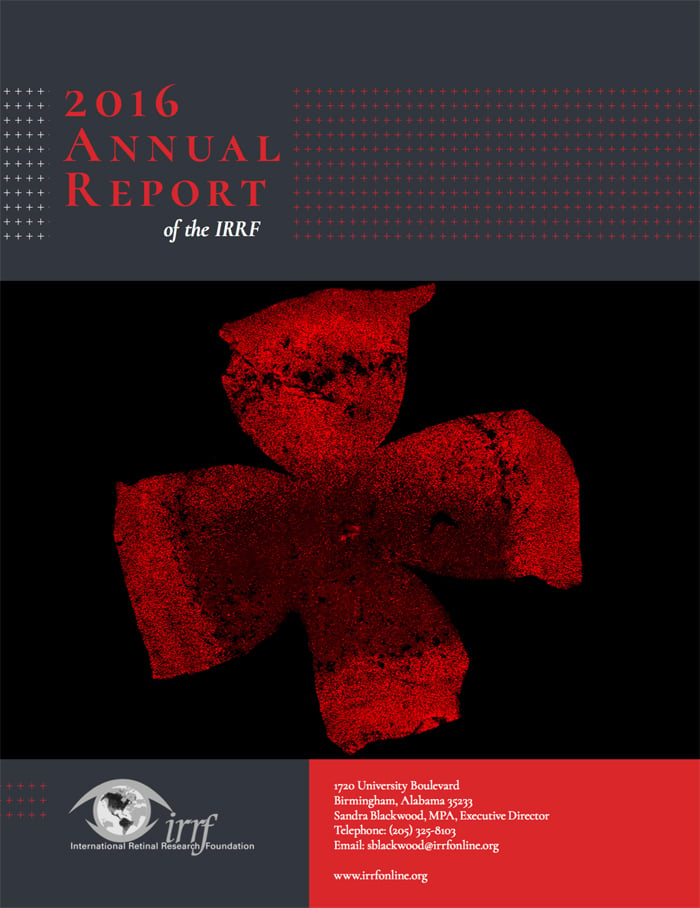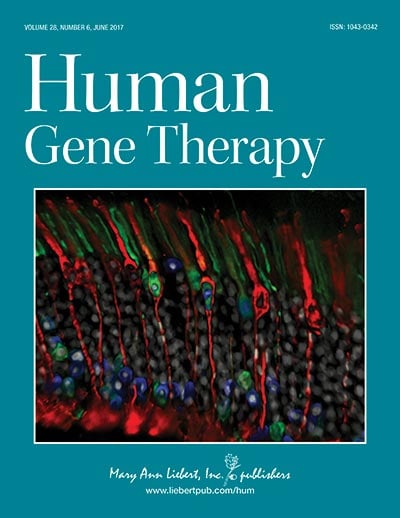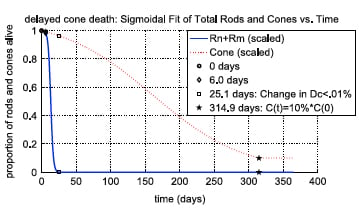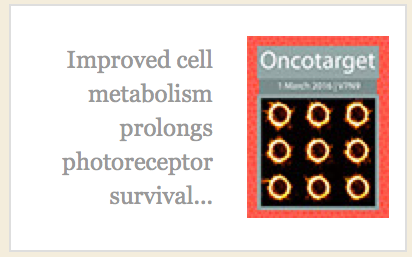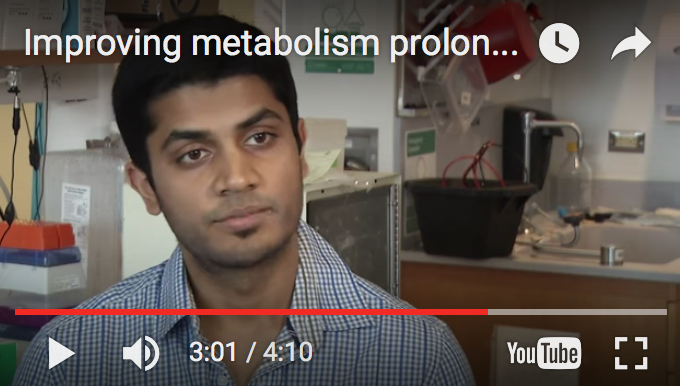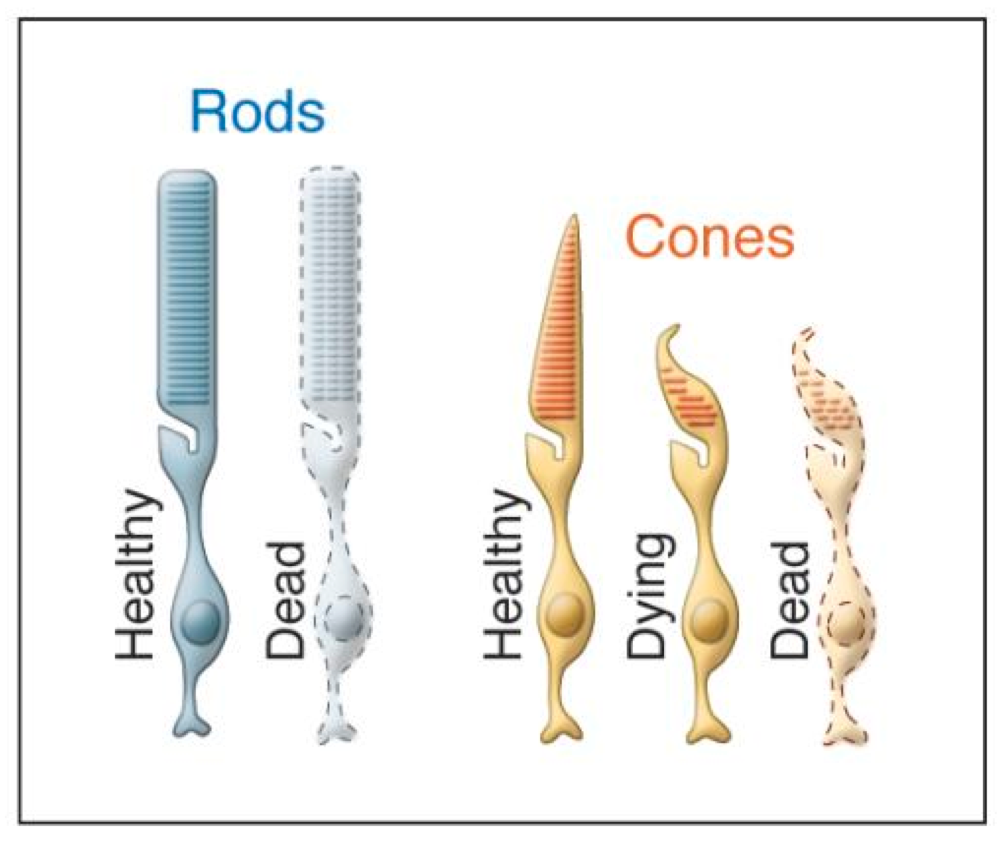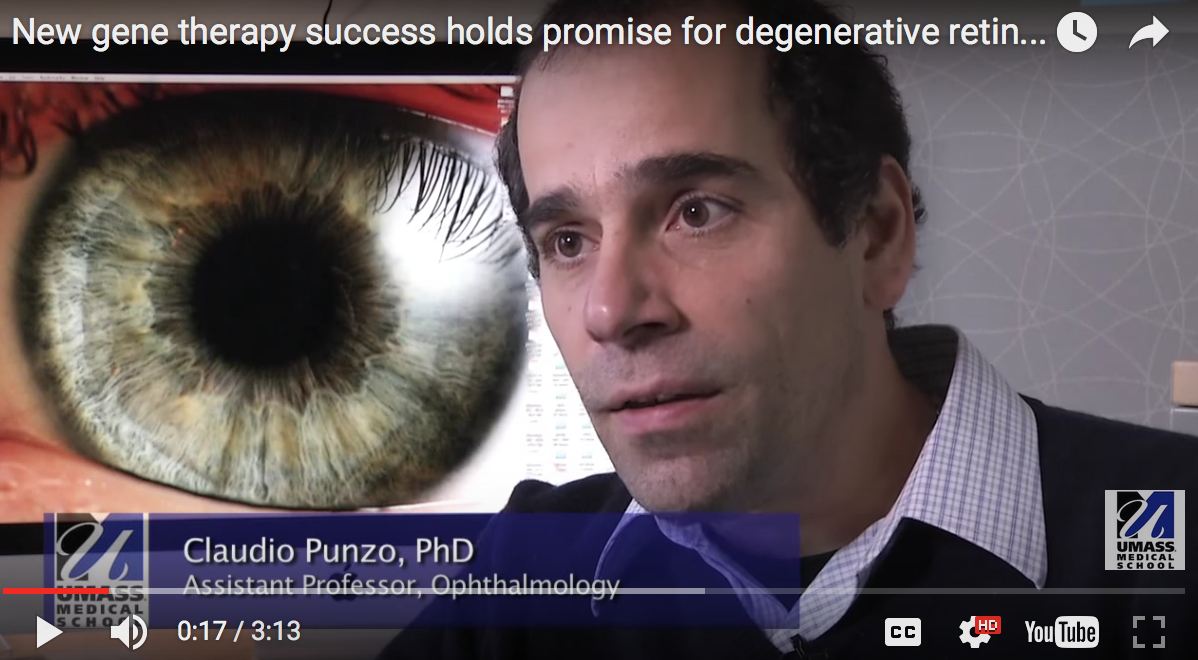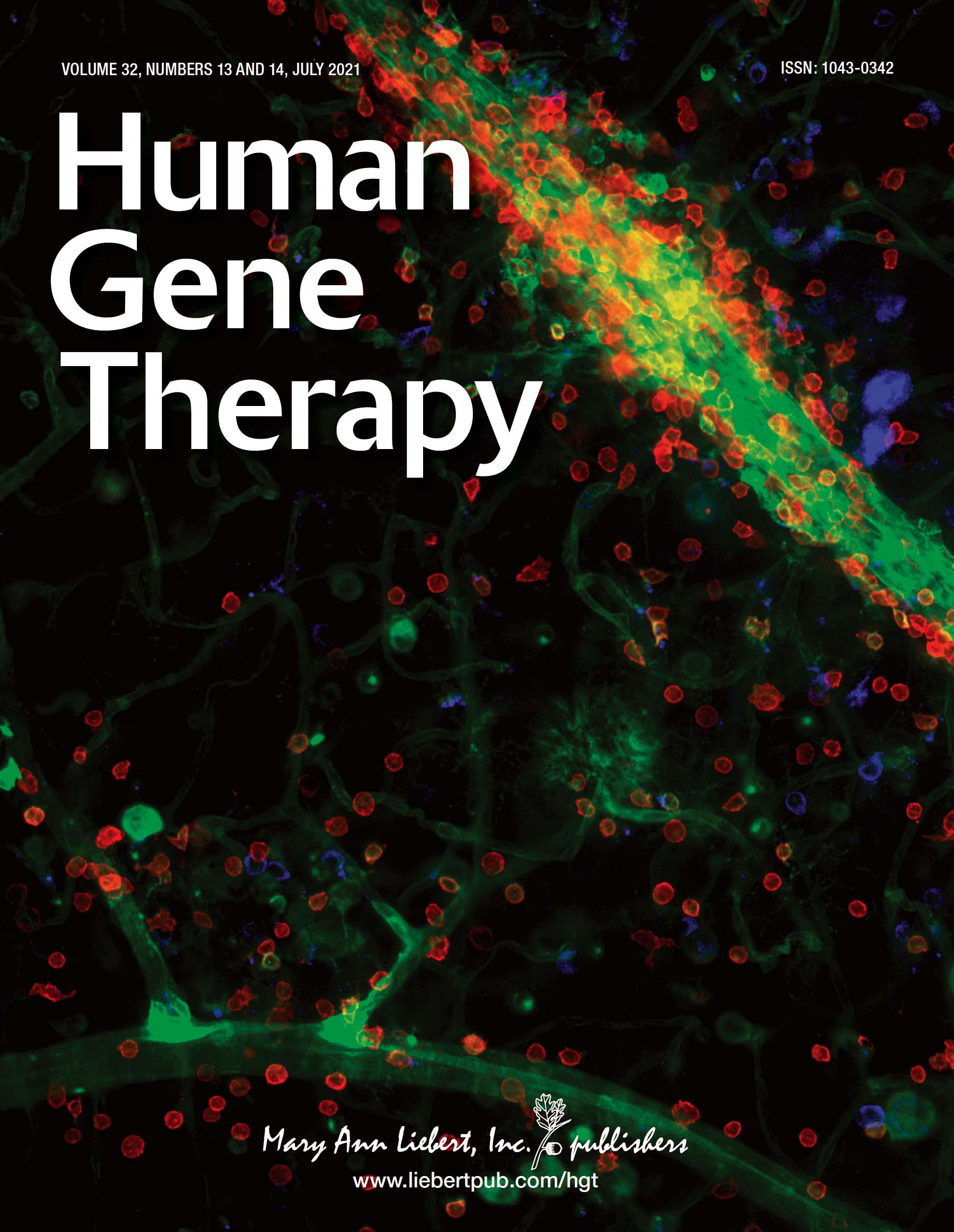
Punzo Lab News
-
Jul 6, 2021
![Retinal Vasculitis with Anti-VEGF treatment]()
-
Jun 11, 2021
![HK2-Mediated Aerobic Glycolysis in AMD]()
-
May 21, 2020
![Altered photoreceptor metabolism in mouse causes late stage age-related macular degeneration pathologies.]()
-
May 29, 2018
![Aerobic glycolysis is essential for normal rod function and control secondary cone death in retinitis pigmentosa]()
-
Dec 18, 2017
![Caspase-7 Does not affect secondary Cone death in Retinitis Pigmantosa]()
-
Oct 11, 2017
![Dr. Punzo Recipient of Macular Degeneration BrightFocus Award]()
-
Jun 27, 2017
![IRRF 2016 annual report features Marina's research on Cover]()
-
Jun 12, 2017
![Rods and Cones compete for AAV access]()
-
Aug 18, 2016
![How to stop Cone death in Retinitis Pigmentosa]()
-
Jun 22, 2016
![Lolita Petit: Press Release of review]()
-
Jun 22, 2016
![IRRF highlights Marina's research on Webpage]()
-
Jun 5, 2016
![Aditya: Class Speaker 2016]()
-
Mar 24, 2015
![Authors take on the role of mTORC1 in cone survival]()
-
Mar 23, 2015
![Jean Bennett comments on mTORC1]()
-
Jan 22, 2014
![UMass Chan experts: New gene therapy success holds promise for retinal diseases]()

